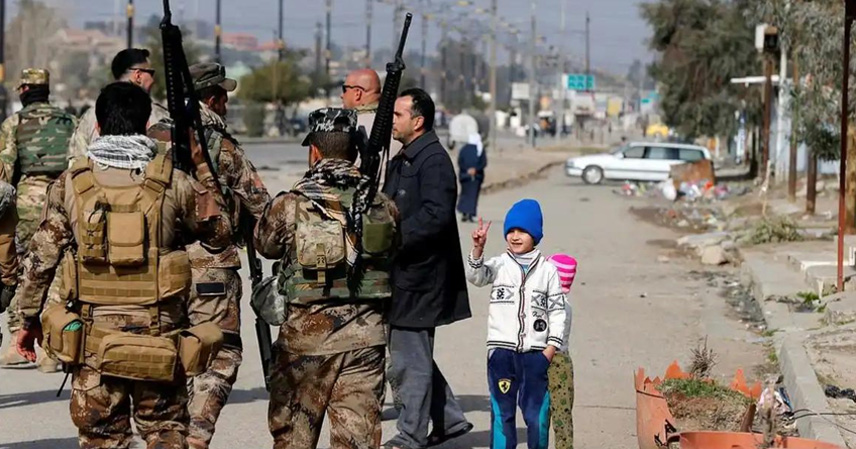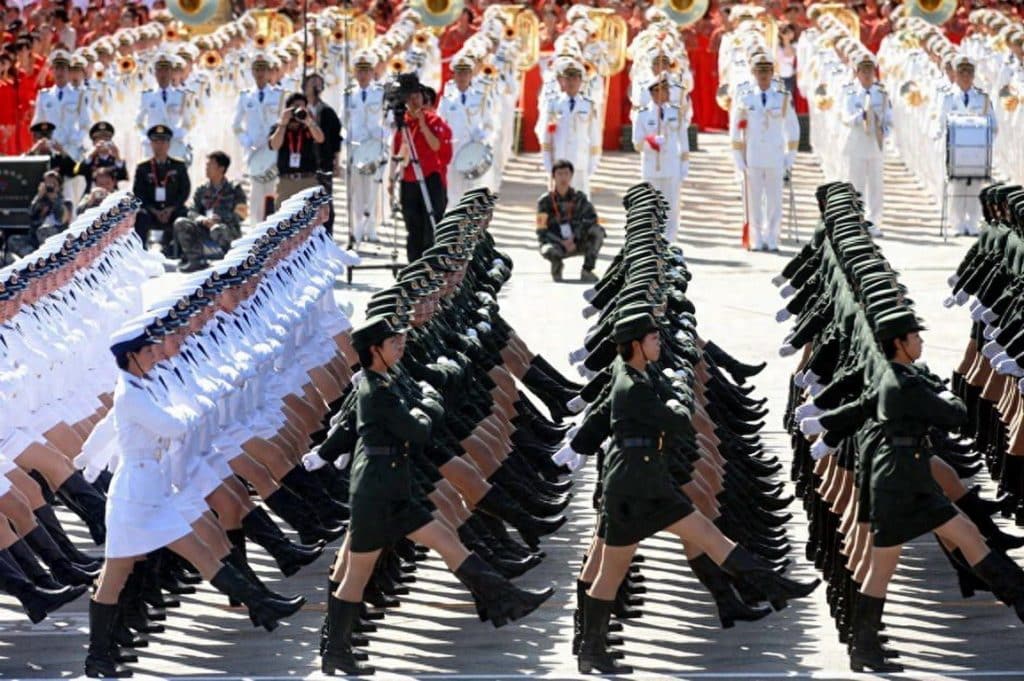A Forgotten Conflict Rekindled
Just as the world’s attention has been fixed on the Middle East and Eastern Europe, another crisis has quietly reemerged — this time in the Balkans, a region long haunted by unresolved ethnic and territorial tensions. The flashpoint? Kosovo — a name that had almost faded from headlines since the late 1990s, but now returns as Turkey, the U.S., and Germany once again ignite the old “powder keg of Europe.”
Turkey’s Drone Diplomacy Upsets the Balance
Tensions flared when Serbian President Aleksandar Vučić accused Turkey of sending thousands of Skydagger suicide drones to the self-declared “Republic of Kosovo.” The revelation shocked not only Belgrade but also reignited global attention on the Western Balkans, where fragile peace depends on a delicate ethnic and political balance.

The Skydagger drones, equipped with multi-mode guidance systems and tens of kilometers of range, are not symbolic gifts—they’re offensive weapons capable of targeting armored vehicles and military infrastructure with precision. For a region still under a fragile ceasefire, this is more than an arms delivery; it’s a strategic escalation.
Vučić publicly condemned Turkey’s move, calling it a violation of the UN Charter and UN Security Council Resolution 1244, which explicitly prohibits Kosovo from forming a standing army. According to the resolution, only NATO-led peacekeeping forces are authorized to maintain order in the territory.
By arming Kosovo, Ankara has effectively undermined international law—and, as Vučić put it, seems to be reviving the Ottoman dream of influence in the Balkans, rather than contributing to peace.
The West’s Complicity: Weapons Behind the Scenes
Turkey’s involvement is far from an isolated act. The United States and European allies have been quietly arming Kosovo for years, despite their public calls for “restraint.”
In September 2025, Kosovo took delivery of RQ-20 “Puma” reconnaissance drones from the U.S. defense contractor AeroVironment, following a defense contract signed earlier this year. In August, the U.S. also supplied 50 M1117 armored vehicles, and going back to 2022, the United Kingdom delivered Javelin and NLAW anti-tank missiles to Kosovo forces.
The irony is painful: Western countries condemned Serbia for purchasing FK-3 air defense systems from China, accusing Belgrade of “destabilizing the region,” while simultaneously fueling Kosovo’s rearmament.

Vučić revealed that the U.S., Germany, and Turkey are jointly coordinating a plan to fully equip Kosovo’s Security Forces — a de facto army — with 360 armored vehicles, attack helicopters, artillery, and missile systems by 2027. This ambitious rearmament program blatantly defies Resolution 1244 and risks reawakening the ghosts of 1999, when NATO bombed Yugoslavia without UN authorization.
A New Balance of Power or Controlled Chaos?
The pattern is unmistakable: major powers arming their preferred side, not to preserve stability but to reshape regional influence. For the U.S. and Germany, strengthening Kosovo consolidates Western dominance in Southeastern Europe. For Turkey, it’s an opportunity to project power and reassert historical ties to its former Ottoman sphere.
But for Serbia, this means facing a security nightmare. The country remains trapped between NATO’s eastern front and growing pressure from the EU, while its national defense capacity pales against the combined might of Western-backed forces. As Vučić put it, “Peace cannot survive when only one side is armed.”
Once again, the small nations of the Balkans find themselves pawns in a geopolitical chess game where their security is traded for strategic leverage.

The Illusion of Peace and the Reality of Power
The crisis in Kosovo highlights a larger question: Do UN resolutions still hold meaning when great powers openly ignore them? If the Security Council’s decisions can be bypassed at will, the entire framework of international law and collective security loses credibility.
For the ordinary people of the Balkans, the result is the same as it was decades ago — fear, instability, and uncertainty. Once the balance is broken, rebuilding peace may take another generation.
As the old saying goes, “Small nations have no diplomacy — only survival.” Serbia’s anger is not just about drones or weapons; it’s about being forced to live under the consequences of others’ ambitions.
Until major powers stop treating the Balkans as a geopolitical playground, peace will remain an illusion, and the lessons of the 1990s will continue to be ignored.
References:
- United Nations Security Council Resolution 1244 (1999)
- Reuters, “Turkey Delivers Combat Drones to Kosovo,” October 2025
- TASS, “Serbia Accuses NATO of Undermining Regional Stability,” September 2025



